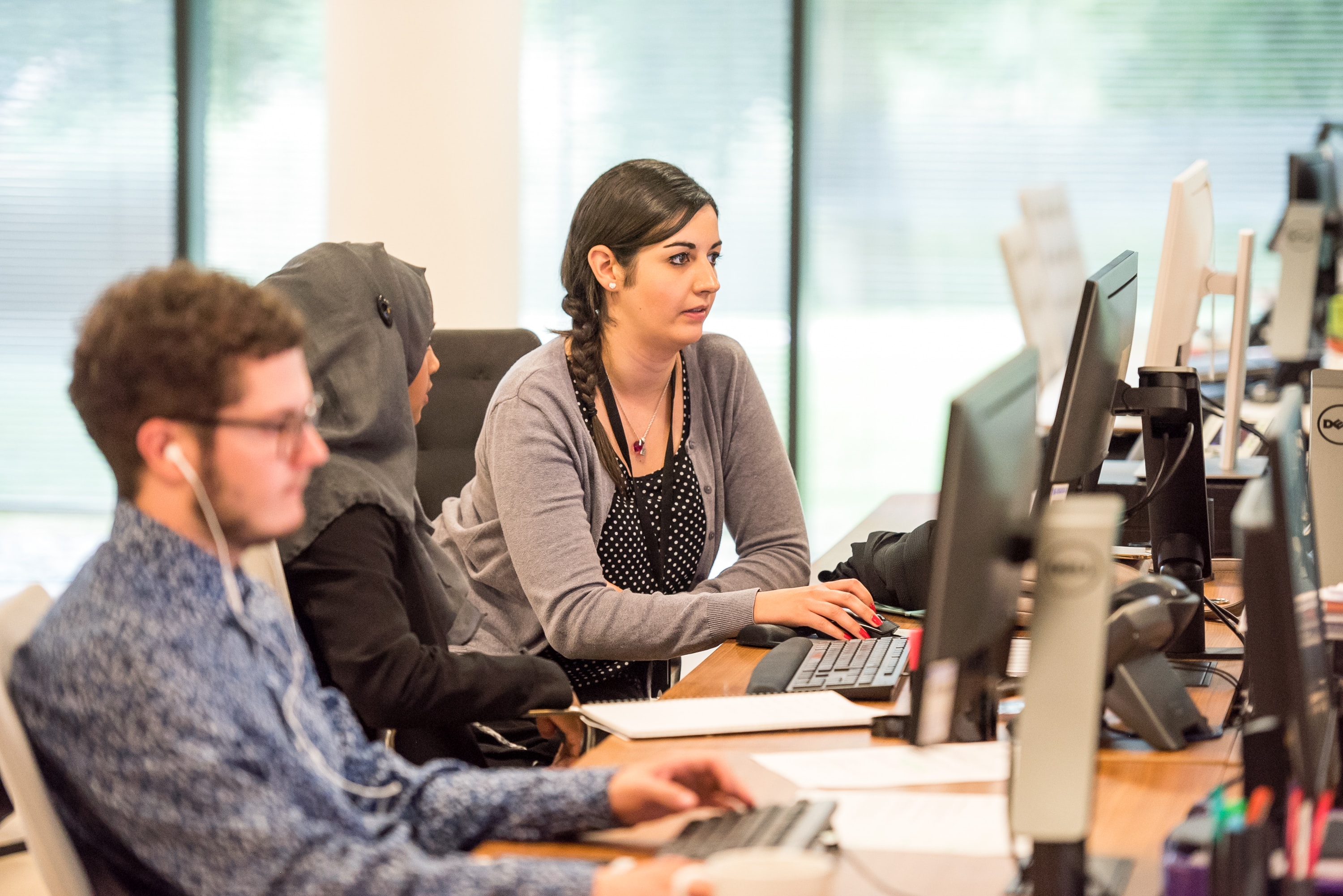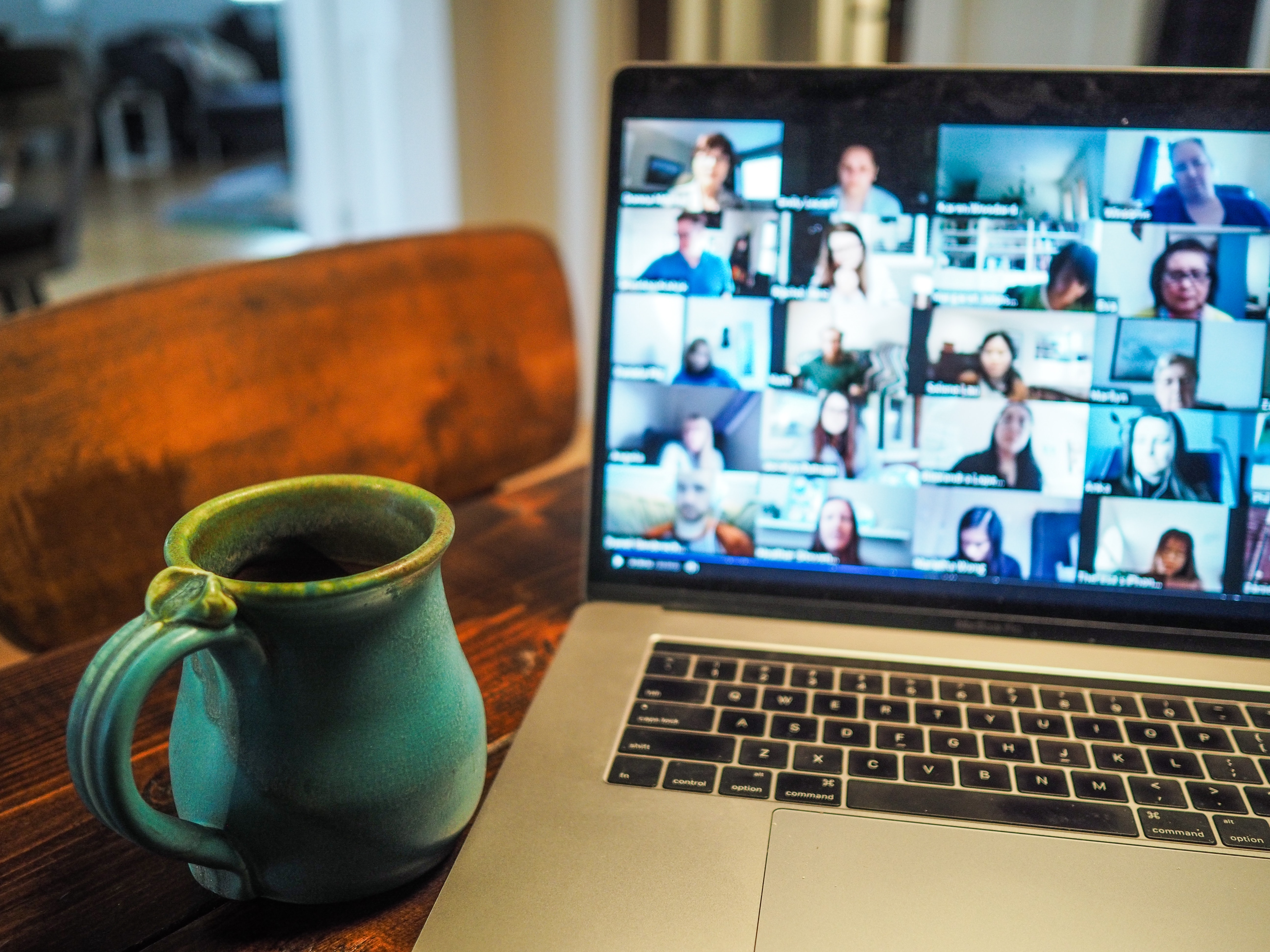Brisbane-based Community Services.net, or CSnet, is an online client information platform for human services that allows providers to collect data and see reporting in real-time. A Certified B Corporation since 2015, CSnet is driven by creating benefit for all people and communities.
In recognition of their commitments to serving in need populations and underserved organisations, CSnet appeared on this year’s Best for the World list for Customers. We spoke with Mandy Doon, the co-founder and Executive Director of CSnet to hear about how the innovative cloud software has transformed data collection in human services.
Watch the conversation here, or read the full interview below.
When you share that success with other stakeholders, then that is really the definition of success.
Mandy: Our organisation is a cloud software platform. We work exclusively with human services, not-for-profits, social enterprises, and for-purpose organizations, so that people can collect data from the ground up about the work they do with clients, families, and communities, and measure social outcomes to show the difference that they make.
B Lab: Can you explain how CS.net got started, and how it has transformed into that what it is today?
Mandy: I co-founded CS.net with my husband, Tim. We worked in human services for years, and then we formed a consulting company working with human services at the board level to help people to develop a theory of change and strategic planning. What we kept coming up against when we were working with organisations is that they really wanted to make a change and a positive social difference, but it was very hard for them to collect data about what was happening in the organisation.
No matter how good the theory of change or the strategic plan was, unless they could collect data and show what a difference they were making, then it was a real challenge.
We formed a partnership with an IT company ten years ago, and we built the first version of CS.net. It was deliberately to try and solve that problem, which is when organisations want to do good and show social impact, how can they collect the data from the ground up? How can they reflect on that data to become real data-driven organisations, so they can tell whether or not they’re making a difference? And to find how they can improve, which is the most important part of it.

B Lab: There’s something quite unique about it, which is that data collection in real-time. What impact do you see for organisations when it is in real-time, rather than having to wait for the weekly or monthly report to be submitted?
Mandy: Making that really strong real-time connection between collecting the data, and then actually being able to see that and reflect on it – especially once you start to collect data around social outcomes and client outcomes. It’s such a powerful tool, because workers start to see the value of the data. Their data becomes better; the quality of the data improves.
It has this amazing knock-on effect in the organisation as it becomes a learning organisation.
If you think about what’s happening with COVID and the impact it’s having on communities now, the need for real-time data is just so important.
B Lab: What are some of the changes that you’ve seen as technology has accelerated over the past decade? What are some of the big things that you’ve come up against?
Mandy: I think one of the big changes is that people now see the collection of data as part of their job, because it adds that dimension of ‘what am I learning? How can I share my knowledge with others?’ That’s a really important part of what they do. In terms of what’s changing, I think the emphasis on organisations and their workers having skills in using technology and collecting data is is a thing that’s changed a lot.

B Lab: In terms of the people that you’re serving, they’re most often in completely vulnerable situations. They’re people accessing family violence services or experiencing homelessness. How do you use that data to inform the work that people are doing when they’re interfacing with people in those vulnerable positions, sometimes for the first time?
Mandy: That’s such an interesting question because at the real base for us, human services are about humans.
The people who are delivering the services are human, so the tech and the software need to absolutely take that into account.
Most of our human services workers we know are mostly women, mostly older, mostly part-time or casual. All of that context is really important in terms of using a system which is fit-for-purpose, and how we support people every day, from how the screens will look, the order of things, the workflows, and how it reflects the way they actually do their work. It’s such an important part of the design, and we’re constantly asking people ‘does that work?’ or ‘what do you think about that, and what do you need?’
When you can support people to collect the data, and then also they start to see the data in terms of outcomes, that’s a really powerful thing. Then actually as a worker, I can have a really direct connection between understanding how what I do has an impact on that client, that family, and that community. That’s really what we try to do, to bring those things to bear and using data to help.
B Lab: What is something that you would love to see change completely, or something that you would like to see as the new norm for businesses?
Mandy: The B Impact Assessment is such a valuable tool and B Corp is such a valuable movement in that it’s trying to say to businesses: “you can think differently about this; you don’t always have to be thinking about competition.” I think it’s just such an amazing model. We feel really fortunate to be in such a great group of companies.
It’s about encouraging others to give it a go. You can be incredibly successful, and if you see success in a much broader way, it’s not just about financials. Of course you need to be sustainable, but we want to use all of those resources to make more impact. That means everybody benefiting and the planet.
Congratulations to CSnet for making the Best for the World 2021 list for Customers.
Interviews have been edited for clarity and length.

